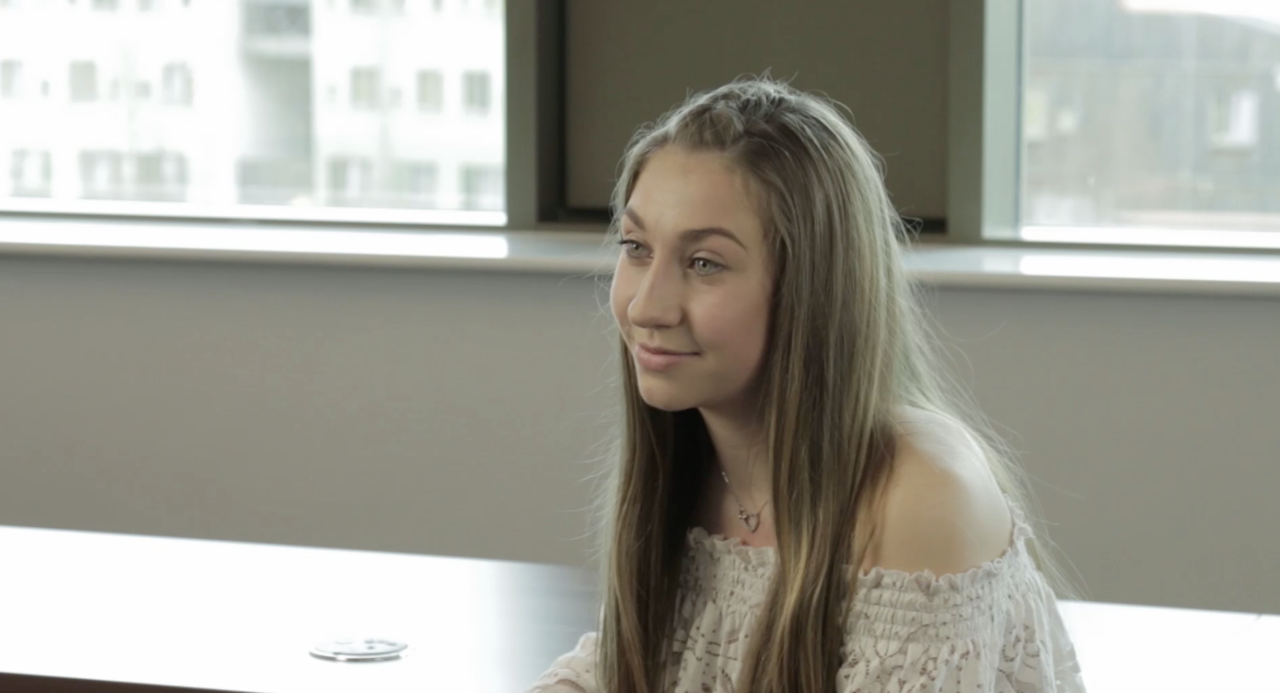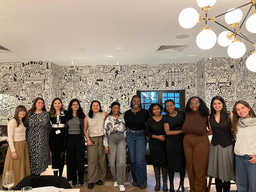
The role of socio-emotional resilience in children with Dyslexia
When I started the scholarship, I didn’t really know what I was getting into, but I was really excited about it. I’d never been given the opportunity to do a CMI level 5 qualification or to carry out a piece of research so I was really looking forward to developing research skills that would help me with my degree but also to just completely learn about leadership because it's not something I’d ever considered.
I feel really passionately about giving back to the scholarship. As we are the first cohort at York, I felt it was really important for me to be involved in promoting the scholarship to other students, to get the voice out there about the positive impact it's had on me and my role in academia. I’m also mentoring students next year and I’m really looking forward to finding out what exciting ideas that have for projects.
Leadership
I’d never thought I would get into leadership given my career aspirations, but I’m thrilled that I’ve been introduced to it. I think it’s so important and it’s enabled me to develop my confidence; before the Laidlaw Scholarship I would never have stood up in front of a room full of people, spoken confidently about my research or about myself. The leadership programme forced us into situations in which we weren’t particularly comfortable with but due to the close knit of the Scholars, and due to the support of the Laidlaw team, we’ve all been able to develop ourselves and now I can confidently stand up in front of a room of people and present my ideas, which I’m looking forward to doing at the York festival of ideas.
Research
I chose to look at the role of socio-emotional resilience in children with dyslexia. Coming from a private education background I noticed that, for a lot of children, dyslexia wasn’t really picked up until later in their academic life. The reading difficulties and the challenges that they faced often manifested themselves as bad behaviour, which teachers attributed to their low attainment. That really inspired me to think “Why is it that some children with dyslexia really fall behind in education and some go on to achieve and even exceed their potential?”, so my research looked at some of the factors of resilience that are potentially different between children with dyslexia and children who are “typically” developing. We looked at attachment and we also took part in a Pearson Resilience scale, which highlighted 7 characteristics that were significantly different for children with reading difficulties and typically developing children. My future research aspirations are now to really dig into those 7 characteristics and find out what it is, and what combination of those factors it is that enables some children to progress in education, and holds other children back.
What's Next?
Due to my research with the Laidlaw scholarship I was invited to present my research at the Houses of Parliament at the undergraduate research conference, which is an opportunity I never expected to have. I’d never visited the Houses of Parliament before so it was really exciting. I’m also involved in creating a research group which is up and coming called “Language and Reading research in Yorkshire” which aims to consolidate current research in language and reading and put it on a platform which is available to teachers, students, academics, and anybody else who’s interested but can’t afford the massive journal prices. The research is so relevant to the general public, but they often don’t find out about it so being involved in creating that platform is something that I never expected to do, but that I’m really passionate about!





Please sign in
If you are a registered user on Laidlaw Scholars Network, please sign in